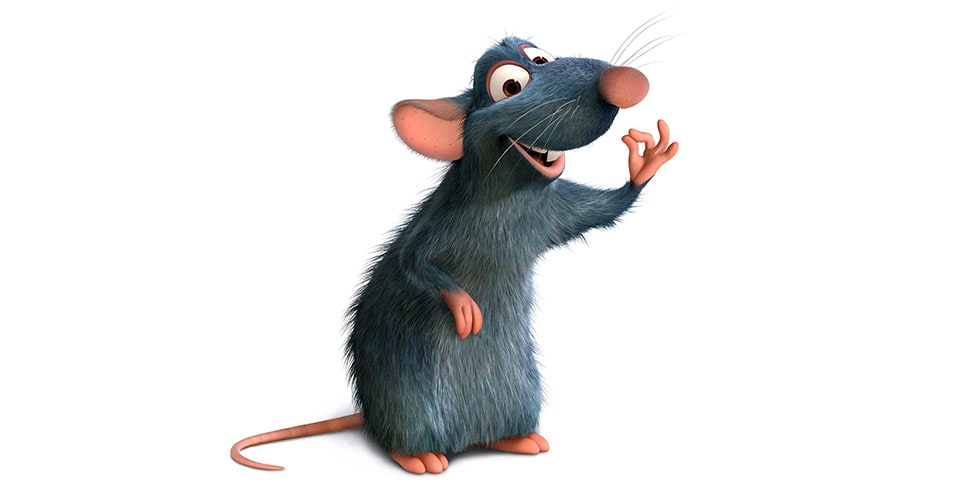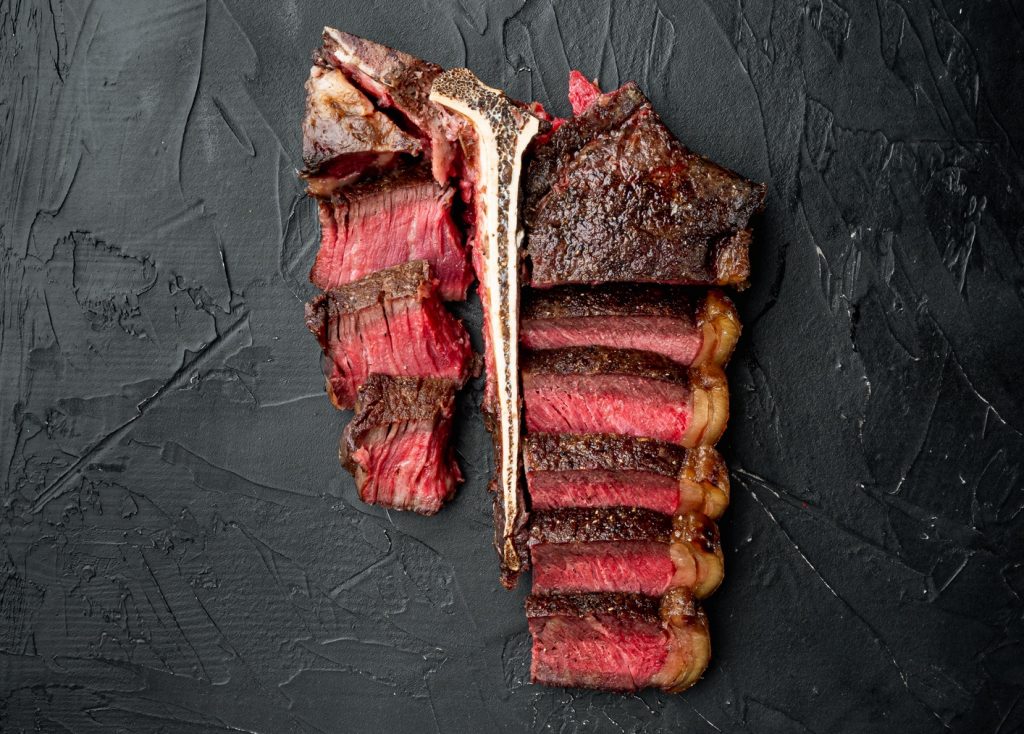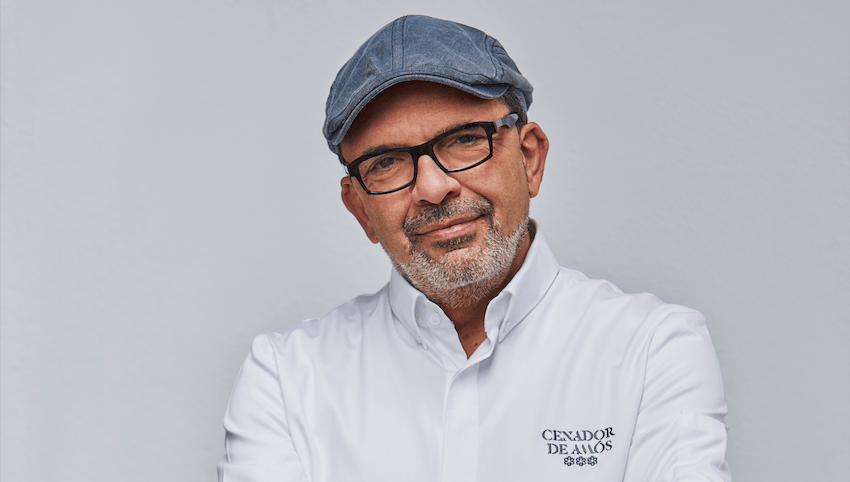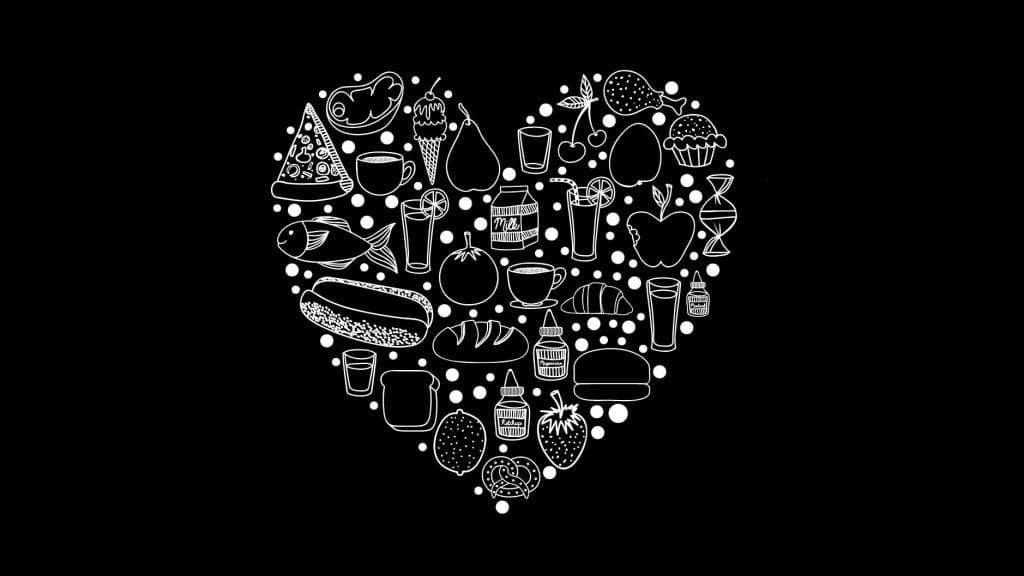
Few workplaces present such rich potential for drama as kitchens. Hundreds of story arcs present themselves over the course of hours, days, weeks, months and sometimes even years. There is backstabbing, sideswiping, name calling, hollering, steaming, fuming and countless other emotionally raw interactions taking place constantly.
The restaurant kitchen is a pressure cooker in itself with deadlines piling on top of one another minute by minute. Relationships are strained, hierarchies questioned, career battles won and lost. Reputations made, marriages ruined and – when the stress levels get high enough – lives ended. Energies are frequently fuelled by caffeine and coke. Sickness is non-negotiable. Injuries and pain are ignored. Not to mention the inevitable fireworks when the general public walk through the door twice a day.
Which begs a significant question: why are dramatic representations of our industry so utterly egregious? There are a few exceptions. Jon Favreau’s adorable, if slightly idealistic and mawkish, Chef remains one of the best in recent memory. But it’s a true outlier that proves the rule that nearly all movies and TV shows about chefs and kitchens are cliche-ridden drivel fests that cause industry insiders to go through the following emotional ride: excitement when the project is announced (fuelled by a press release name-checking a worthy consultant chef) followed by searing feelings akin to the seven stages of grief – with a focus on anger – at just how wrong they got it. (I’m pointing a calloused finger directly at you, Bradley Cooper: serial offender and now, officially, never allowed to cook on screen ever again – not even with a sous vide bag on his head.)
Expectation meets reality
It’s hard to pinpoint why screen representations of kitchens, restaurants, cooking and hospitality get it quite so wrong. The gulf between expectation and reality (itself caused in part by the proliferation and popularity of reality-based competitive cookery television shows) may be one answer. Another may be the need to create a narrative arc of such significance that reality ends up being peeled away and discarded like an onion skin in favour of an ersatz fiction dreamed up by a screenwriter whose only experience of a professional kitchen lies in watching endless reruns of Hell’s Kitchen.
The reality of day-to-day life in a kitchen may be filled with dramas, but these are often imperceptibly small and take on a relevance only within the confines of the four walls containing the prep table, fridges and stoves. Crafting a compelling narrative out of the fact that the fish supplier hasn’t yet arrived and the first lunch bookings have just sat down is a challenge. Finding some way to portray the treadmill-like drudgery that makes up the portions of the day between services is another.
Find me a writer who can accurately portray the frustration of having to finish up a service and get elbow deep in soap suds because the plongeur failed to show up and I will lay money on the fact that one day that person will win an Oscar. The bigger stories need to take place against this backdrop. It is one we all recognise, but rarely see, which – in my experience – is so often the missing ingredient from movie and TV kitchens, that prevents us immersing ourselves in a sympathetic and believable fiction.
There is one movie that does get it right. It has passion, heart and makes no bones about the fact that kitchen life is hard. In it we see the eye bags and frustrations of the chefs. We see their passions and their fights. We are shown the toil and the glory, albeit in neat little package that encapsulates these many tiny battles. Congratulations Ratatouille, you taught the world more about this little club of ours than anyone else to date. And you didn’t even have to shuck a single oyster (let alone a million) along the way.
The Secret Chef




